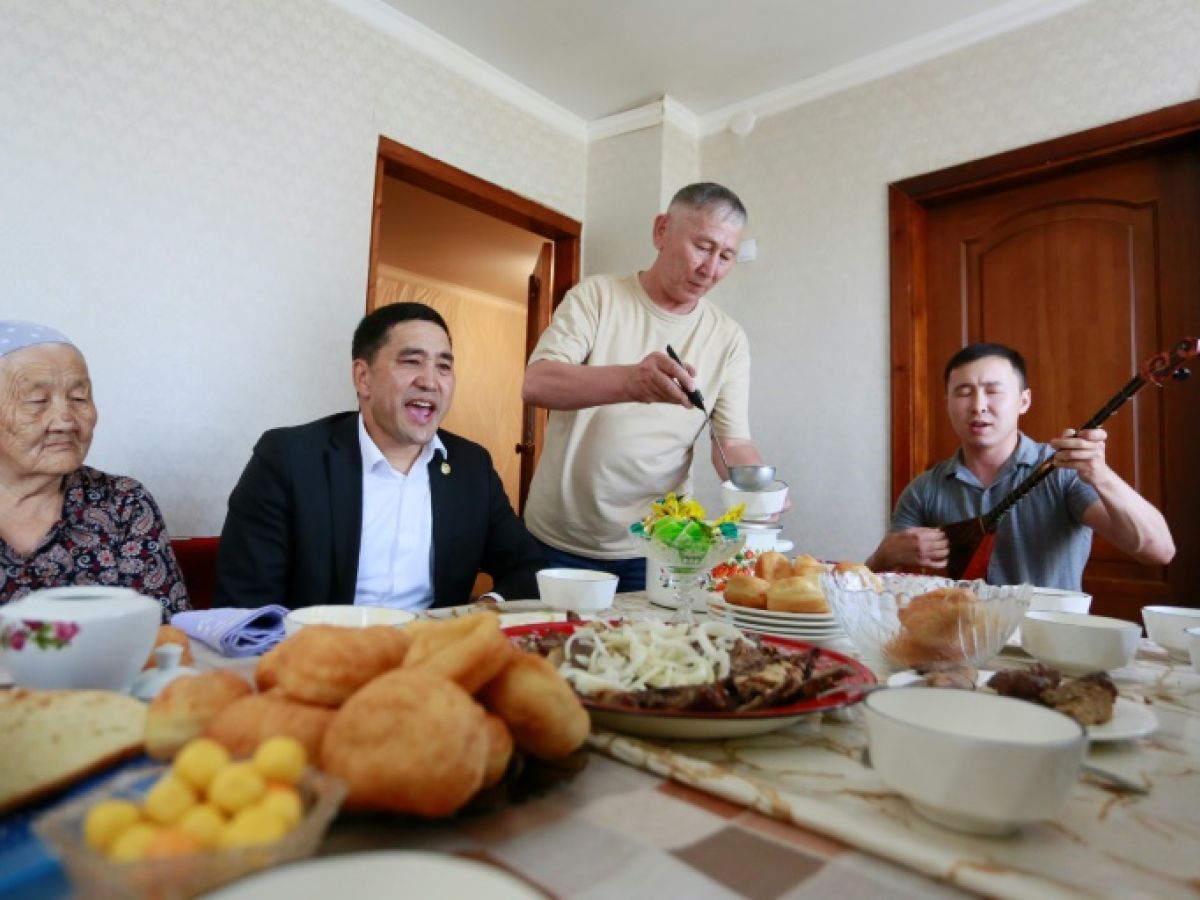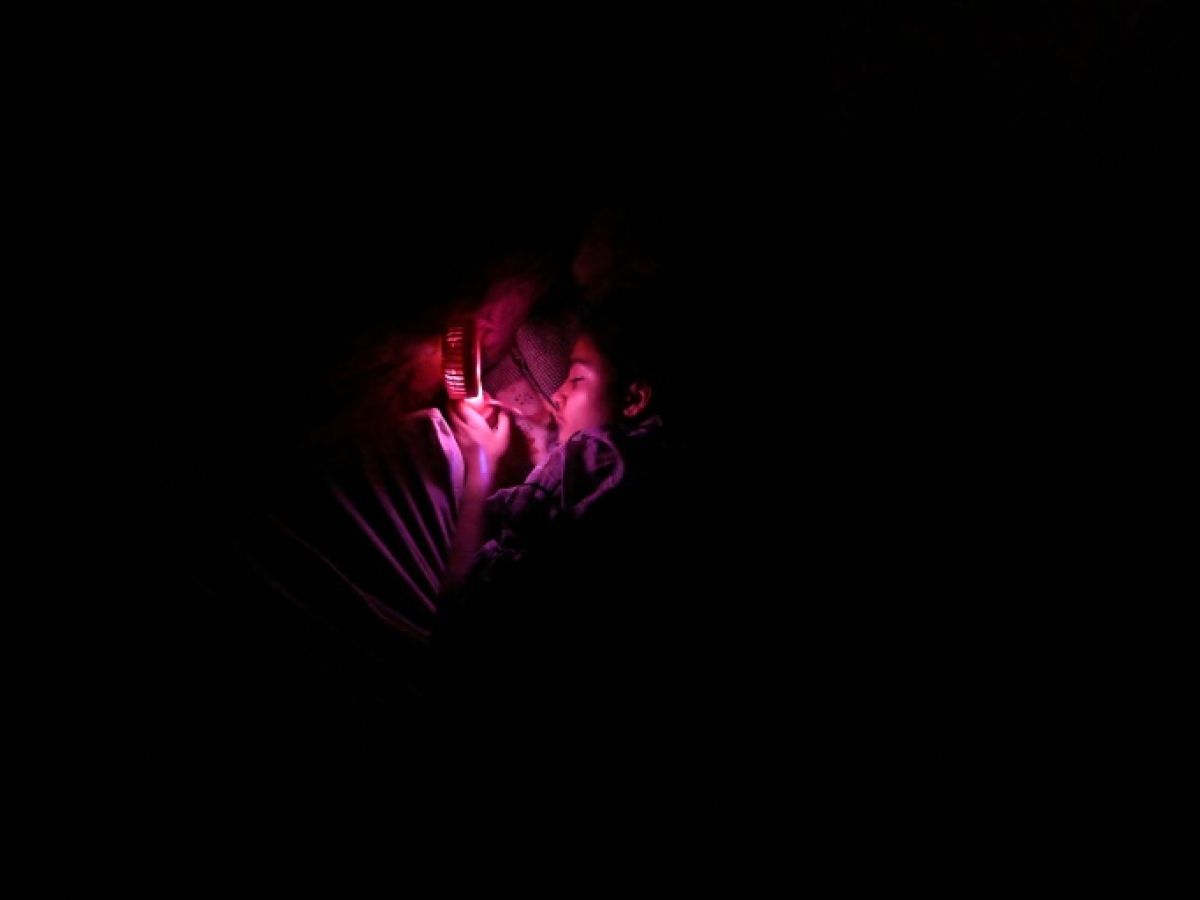On the shelves of grocery stores in Karakudouk, not a drop of alcohol. This locality in Kazakhstan is among the pioneers of a growing trend in the villages of this Central Asian country: prohibition.
Like so many former Soviet republics, including Russia, Kazakhstan has inherited a scourge: alcoholism. The Kazakh authorities want to get the population to adhere to a "healthy lifestyle", leading to experiments in alcohol-free villages.
Here, there is no religious motive: if Islam is the majority, Kazakhstan is secular, marked by decades of Soviet atheism.
"If you want to drink, there is water, juices, sodas, fermented milk," Aiguerim Moukeeva, owner of the "al-Nazar" store in Karakoudouk, a town of some 650 inhabitants lost in the steppe, told AFP.

The Kazakh Interior Ministry lists at least 97 "sober" localities, half of them in the industrial region of Karaganda, where Karakuduk is located.
According to the press, the phenomenon is accelerating and other villages are joining the movement.
Officially, the public authorities are not behind these experiments, which "come from the population", a police spokesperson assured AFP.
Social Control –

These initiatives are usually proposed by elders, who play a crucial role in Central Asian societies, exercising social control and often acting as auxiliaries of the State.
It is the weight of the community's judgment that dissuades the population from stepping out of line. Legally, alcohol is therefore not prohibited, but everything is done to ensure that it disappears.
"The only store that sold alcohol closed a few years ago due to lack of demand from residents," says Baouyrjan Joumagoulov, mayor of Karakudouk.
But the former police special forces officer admitted that he had "advised" traders not to extend their sales licence.
In other villages, more radical methods were used. In Abai (central), residents smashed bottles of alcohol on sale, according to state television.
"We are against... vodka!" the mayor and residents chanted three times, fist raised, while in Aksu (north), the police bulldozed 1,186 bottles from a grocery store that had sold alcohol at night.

While statistics on consumption in Kazakhstan remain patchy – 4.5 litres per year per inhabitant according to the World Health Organisation, 7.7 litres according to the government – the societal damage is better quantified.
According to the authorities, alcohol is the leading cause of divorce and is a factor in half of all cases of domestic violence. In addition, there are other offences and crimes committed while intoxicated and 90,000 people are officially registered as alcoholics, or about 0.51% of the population.
Other measures were put in place in the 2020s, such as banning the sale of alcohol, energy drinks and tobacco to those under 21.
– Zero crime –

The media praise the prohibition experiments, citing authorities who proclaim that delinquency has disappeared in these "exemplary villages".
In Karakudouk, police commander Kuanych Kalelov boasts: "the crime rate is zero", without mentioning what crimes were committed, nor the issue of domestic violence generally committed behind closed doors in the family.
"The village youth lead a healthy lifestyle," proclaims the mayor, showing his flagship project, "a new gymnasium for a sober village," next to a dispensary "built on the initiative of President Kassym-Jomart Tokayev."
To dissuade potential offenders who might try to bring back a few beers from Karaganda, the regional capital 30 kilometres away, Commander Kalelov reminds the young people of "the risk of a fine (around 35 euros) for drunkenness on the public highway".
"I do prevention," assures the policeman, who patrols the village's bumpy streets in his white Lada Niva, stressing the dangers of drink-driving, with 12,000 licenses revoked for drunkenness this year in Kazakhstan.

Residents say they are enthusiastic, but AFP journalists visited the village in the presence of security services, a common protocol in Central Asia.
"Drinking does not bring anything good. Young people should stay away from alcohol," insists farmer Maksat Bitebayev, a thirty-year-old sitting on his motorbike, for whom "the construction of the gymnasium is positive for young people."
The elders say they are setting an example. "We used to drink beer in the summer when it was hot," says Serik Bakhaev, 68. Not anymore. Instead, they drink koumiss, a drink made from fermented mare's milk, brewed locally by Indira Yeguenberdieva.
"We sell it everywhere, shops buy it from us and customers come from Karaganda," says the farmer.


